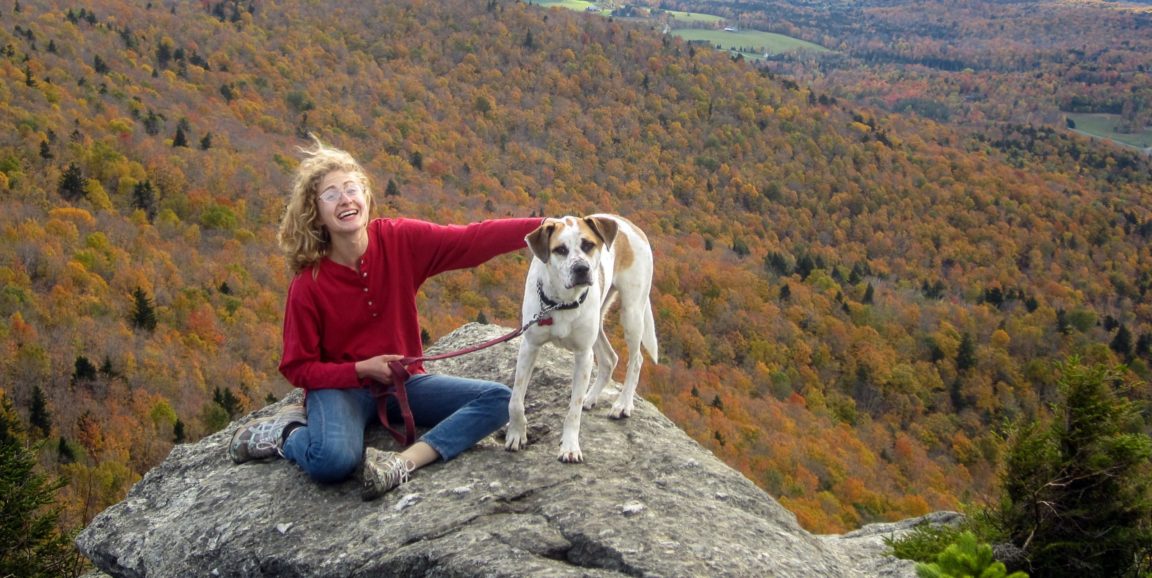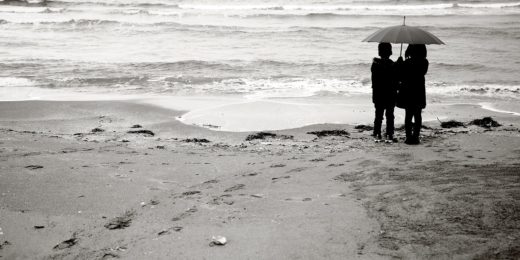When Hannah Wild was a senior in college, she was diagnosed with cancer. Her condition was treatable, but she was struck by interactions with doctors who tried -- but failed -- to connect with her, using words that seemed rehearsed rather than heartfelt.
Now a fourth-year medical student at Stanford, Wild reflected on her experience as a patient and the importance of authentic communication in an essay published in Health Affairs. I spoke with her to learn more.
Why did you decide to write this essay?
I'm quite a private person by nature, but I had a number of experiences as a patient that continued to fester. There were doctors who spent time trying to speak to the emotional dimensions of illness and because they came off so canned, it was really alienating for me. As a medical student seeing the way this gets tied into our curriculum, I think it has to be approached a bit differently.
As a patient you're in probably one of the most vulnerable moments of your life -- you're in some degree of undress, in a foreign environment and a moment you didn't expect to find yourself. To then be confronted with a physician who has come to the encounter armed with this kind of script is really a bit upsetting.
Did having cancer affect your decision to go to medical school?
No, and that's some of what I write about. In my experience as a patient -- and subsequently what I've seen in the hospital at times -- we maybe overplay how defining illness is for certain patients. For some people, it's completely bound up in their identity. For others, it's really not, and I was one of those patients. I was already headed to medical school. I just wanted to treat the cancer in a very pragmatic way, so I could get on with things.
How do medical schools currently teach empathy?
There are all these different models that present -- down to the very word -- what you're supposed to say. For some people, these are useful tools. They lay out a roadmap to have a conversation with a patient. But it's when they're applied as a stock response that we run into a problem, because then you can convince yourself you've ticked that box -- and you've completely missed the patient.
What would be a better way to teach empathy?
In a perfect world, medical schools would select students who innately have this ability, right? But that's not the reality. So, how do you teach something like this? I'm not fully sure you can, but I do think you can instill certain experiences in students that make them more sensitive.
At Stanford, we had a couple of extremely moving patient presentations, with patients saying, "Look, here's how it is, and it's really ugly on this end. This is how hard it is for me to simply do things like feed myself." Creating protected space for patients to speak to students is a gift. Especially when patients have suffered a very traumatic injury or the death of a loved one, for them to speak to us about that is about as incredible as it gets.
I think we need to take a step back and re-complicate the entire concept of human interaction in medicine, and ensure we're addressing it in a nuanced way. A lot of people are thinking deeply about how it's possible to remain genuine and to really see who is sitting in front of you, in a way that is realistic and compatible with the time pressures of modern medicine. Before applying a prefabricated template or phrase list, it's important to understand at least a little bit about the patient as a person. One size does not fit all in this type of situation.
What are you planning to do after you graduate from medical school this year?
After graduation, I will begin residency training in general surgery. I plan to pursue a career in trauma and critical care, focusing on humanitarian care in conflict zones. I plan to continue working in East Africa, particularly on the Ethiopia-South Sudan and Ethiopia-Somalia border. I think that armed conflict in Sub-Saharan Africa poses different challenges to humanitarian response than urban conflicts, such as in Syria. I hope to contribute to improving care for noncombatants injured in these settings.
Photo courtesy of Hannah Wild. It depicts Wild in the White Mountains with her mutt Cant Dog. In her essay in Health Affairs, Wild describes an authentic, but nontraditional interaction with a first responder who was present with her immediately after her dog's sudden death.






